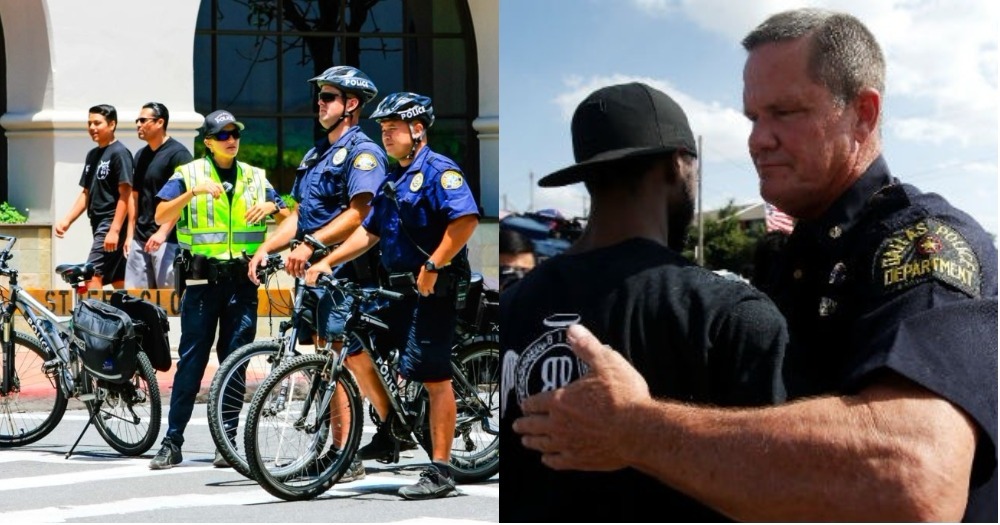
45 Things Police Officers Want You To Know

Our use of force is judged by our colleagues
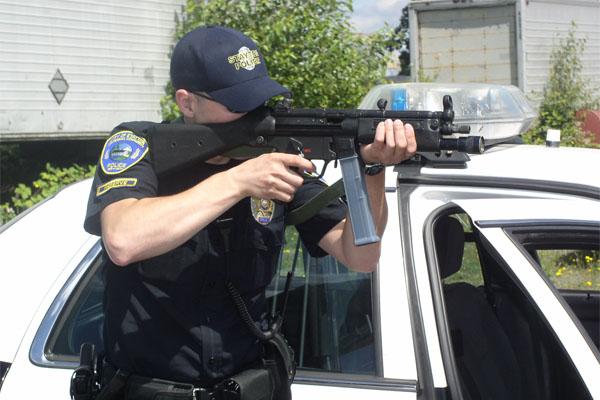
The Supreme Court says whether an officer’s use of force is justified or not should be judged not with the benefit of hindsight, but by whether other officers with similar amounts of training and the same facts before them find that same amount of force to be reasonable. —Jim Bueermann, a former police chief and president of the Washington-based Police Foundation, a nonprofit dedicated to improving law enforcement
Listening to us is the simplest way to avoid conflicts

I don’t agree with the actions the officers took in all the recent shootings, but with few exceptions, if the person just did what the officer asked, nobody would be dead. —Jay Stalien
There’s a right way to respond when we pull you over

If you’re pulled over, turn on the dome light if it’s dark, roll down the window, and wait with your hands in sight on the wheel. If the officer asks to see your license, insurance, and registration, tell him or her where those things are before reaching for them. That’s because most wallets are where a criminal would carry a gun (pocket, purse, glove box). Then move slowly, without any sudden jerks. —Chicago police officers who blog anonymously
Doing what we ask helps everyone
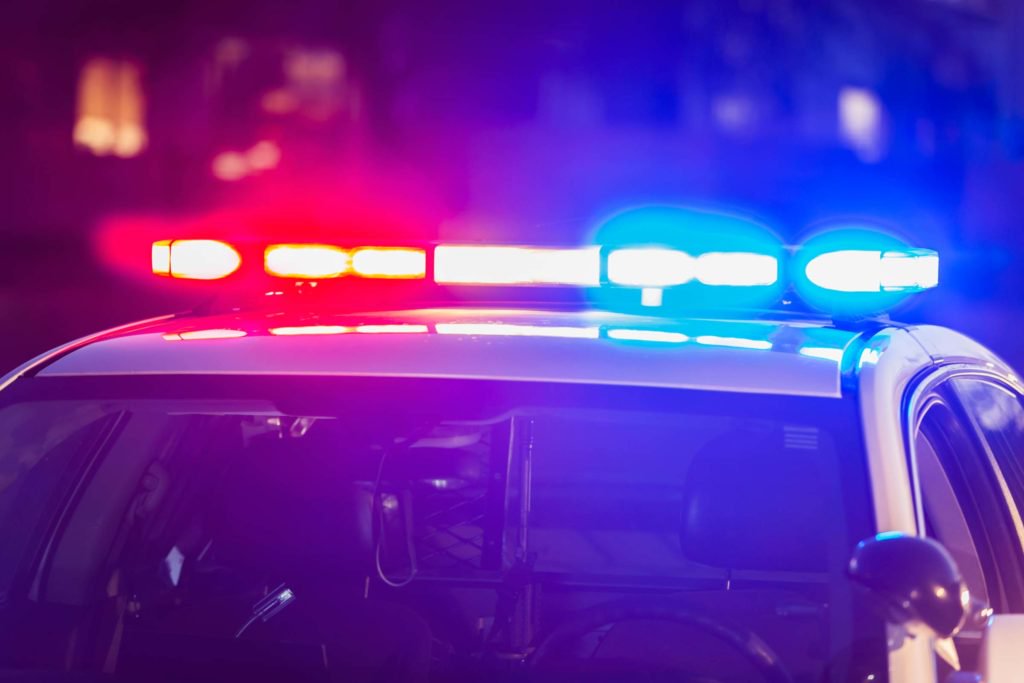
If you don’t comply with a police officer’s orders, you’re putting yourself and the officer at risk, because now the situation is getting escalated. —An Iowa state trooper
Stories about shootings can get blown out of proportion

There were a lot of false narratives at play in some of the police shootings. We now know that Jamar Clark was not handcuffed and then shot. And people quote Michael Brown with his hands up saying, “Don’t shoot.” But he never said that. —Lt. Bob Kroll (Editor’s note: Jamar Clark, 24, from Minneapolis was killed during a struggle with police. Charges were not brought against the officers involved. Michael Brown, 18, was shot and killed by a police officer in Ferguson, Missouri. Charges were not brought against the officer involved.)
The public should be better informed

So many incidents have turned into rioting because no one knows what happened. We need to be better at explaining police procedure and sharing the details we have so far with the public.—Jay Stalien
We should connect more with community leaders

Compare the calm in Tulsa this past September after an officer shot an unarmed black man with the rioting that took place in Charlotte. The fact that the Tulsa police released the videos right away had an impact. But what stood out to me in Tulsa was the police department’s strong engagement with church and community leaders. It looked to me like a lot of work had been done in that city to build relationships with black leaders, and I think that helped quell the reaction. —Sue Rahr
Cultural differences hinder us
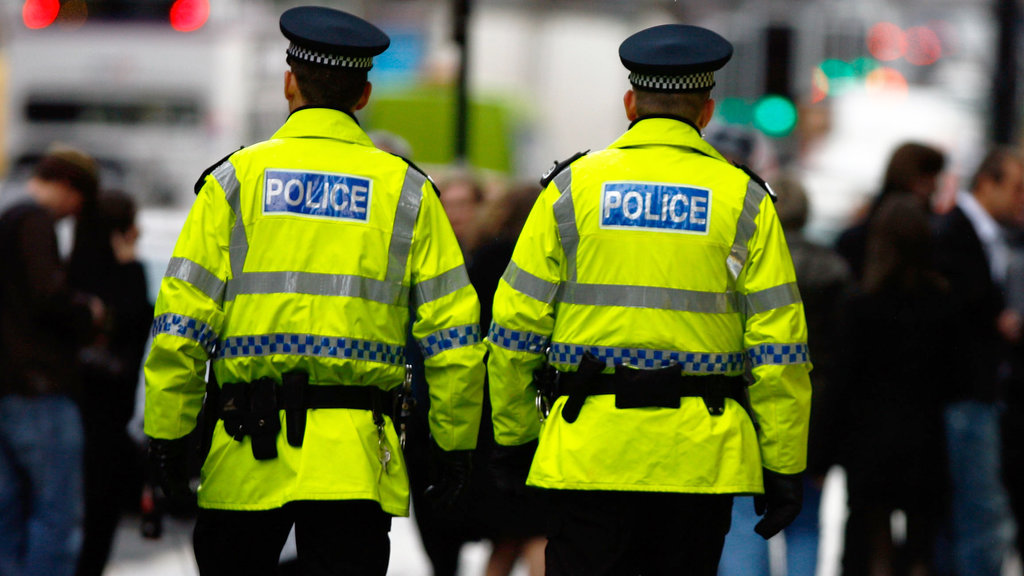
Many officers lack experience dealing with different cultures. There was a white guy from rural Oregon in my policing class. We were policing a city that’s mostly black. He was like a fish out of water. He couldn’t communicate. People were like, “What’s he saying?”—Eric Quarles, PhD, a federal law-enforcement officer who served as a city police officer for 18 years
We get angry when officers abuse their power
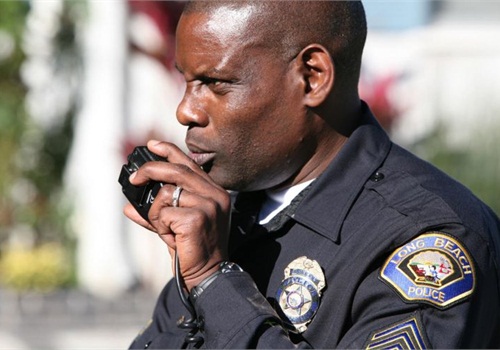
I felt like quitting the force when I watched the Alton Sterling and Philando Castile shooting videos. It broke my heart. But it made me angry too. If you’re that officer, and you have a God complex or you’re afraid of people who don’t look like you, you have no business wearing the uniform. Take it off. —Nakia Jones (Editor’s note: Alton Sterling, 37, was shot several times while held down on the ground by two Baton Rouge police officers. The shooting investigation is ongoing. Philander Castile, 32, was killed during a traffic stop in Minnesota. A probe into the killing continues.)
Admittedly, it is easy to abuse our power
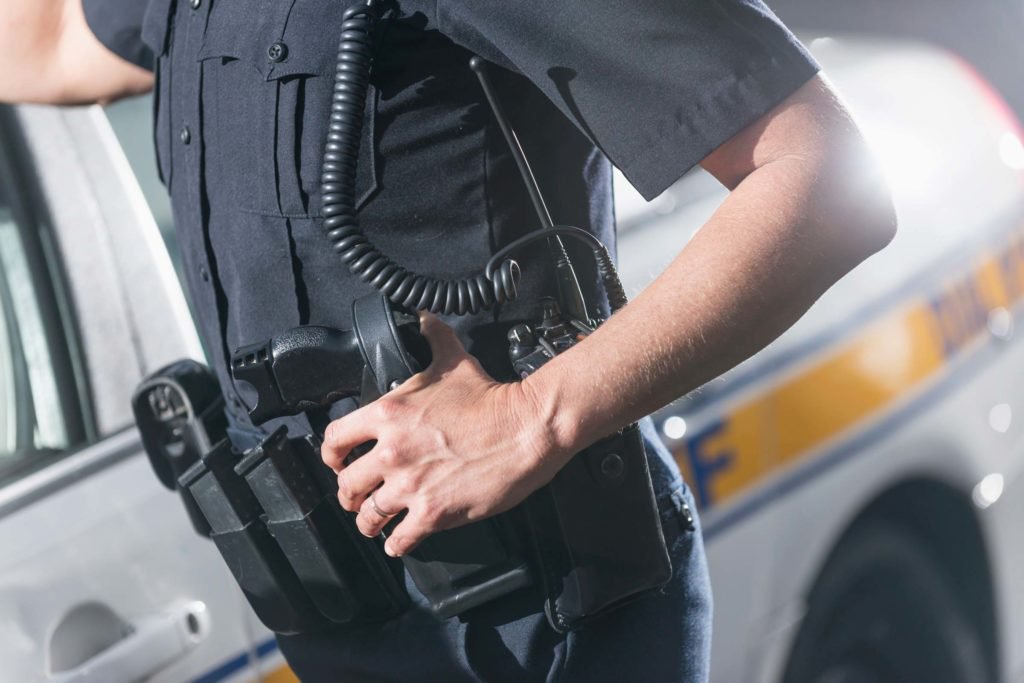
As a police officer, it’s hard not to have a superiority complex. You take a 21-year-old male, you give him a uniform, a gun, pepper spray, a Taser, a nightstick. On an individual basis, we have more power than the president. I can pull people over for no reason, arrest people, and change their lives forever. No banker can do that. No doctor can do it. We are giving young people so much power. Without the right training, it can easily go to their heads. —Eric Quarles, PhD
